Russia's energy drive leaves US reeling
AsiaTimesOnLine
By M K Bhadrakumar
Jul 19, 2008
http://www.atimes.com/atimes/Central_Asia/JG19Ag01.html
Last week, the gloves finally came off the Dmitry Medvedev presidency in Russia. It had to happen sooner or later, but few would have expected this soon. It was crystal clear US President George W Bush administered a diplomatic snub to Medvedev on the sidelines of the Group of Eight (G-8) summit meeting at Hokkaido, Japan. Bush characterized him patronizingly as a "sharp guy" soon after they met in Hokkaido on July 9, but that was after making sure Secretary of State Condoleezza Rice proceeded to Prague and signed a deal just the previous day to install a US radar system as part of its missile defense system in Central Europe. If Medvedev's core mission in Hokkaido was to underscore Russia's growing role in the world arena as a power with which the West has to contend, Bush acted as if he couldn't care.
The US was also plainly dismissive of Medvedev's proposal at the G-8 for a pan-European security system that would include Russia. Medvedev expressed his "dismay" on hearing about the Prague deal. As if to rub in the snub, Rice proceeded from Prague to Bulgaria, where the US has for the first time established a military base, and then on to Georgia to discuss its plans of joining the North Atlantic Treaty Organization (NATO).
While in Tbilisi, she called for international mediation to stop violence spilling over in Georgia's beakaway regions of South Ossetia and Abhkazia, which have been sources of rising tensions, with Georgia accusing Russia of trying to annex the regions.
To carry matters further, the US began a joint military exercise with Georgia codenamed Immediate Response 2008, near Tbilisi, which will continue through the month of July. The exercise, financed by the Pentagon and planned by the US Armed Forces Eastern Command, is intended as a warning to Russia that Georgia is America's project and Washington wouldn't hesitate to do some heavy lifting to safeguard the "Rose Revolution".
On the face of it, such hubris is illogical and unnecessary since the West should have every reason not to embarrass Medvedev. The West has been propagating in recent months that the youthful Russian president is a potential independent decision-maker in the Kremlin with whom it could do business - unlike his predecessor, Vladimir Putin.
Reflecting US thinking, Carnegie Moscow Center scholar Dmitri Trenin wrote recently that the West noted "Medvedev's quick-wittedness, his calm style of conducting talks, and his clear desire to show that he is the one who is the real master of Russian diplomacy ... There are much greater grounds for expecting that Dmitry Medvedev ... will slowly but steadily concentrate powers in his own hands."
Clearly, what has been going on for the past few months on the East-West stage is one of those pantomimes that the West and Russia are equally adept at playing. But the US seems to have concluded that all the Western flattery about him hasn't really gone to Medvedev's head and he has merely been demonstrating his own skill in dramatics. Actually, nothing much has changed in Russia.
The polls show Putin, now premier, is still seen by Russians as their "supreme leader", with a popularity rating coasting above 70% - with Medvedev stuck at 47% - and the truth might be somewhere near what a Moscow commentator recently sized up, namely, that Medvedev is a co-pilot in the cockpit in which Putin remains the captain. Besides, Medvedev would know that even if he wished to be the European modernizer and G-8 club member that the West wanted him to be, he would find himself hopelessly at odds with his country.
According to a poll last week by a Russian television network, the symbol of renewal of present-day Russia turns out to be none other than Josef Stalin. By a substantial margin, Stalin left behind two colorful Vladimirs - the singer Vladimir Vysotsky and the revolutionary Vladimir Lenin - and a host of other perennial Russian heroes like Ivan the Terrible and Alexander Pushkin.
Indeed, when Medvedev signed last Saturday a new foreign policy strategy for Russia, it came to light that for the first time the prime minister has been put in the driving seat to implement foreign policy measures - hitherto a presidential prerogative - which also shows that the Kremlin will pursue the line set by Putin in his eight-year presidency.
The vague and somewhat incomprehensible expectations that there might be of some kind of "liberalization" in Medvedev's foreign policy have proved to be unfounded. But Moscow hasn't taken lightly the US snub. In an address to Russian envoys in Moscow on Tuesday, Medvedev unambiguously stated his intention to continue Putin's foreign policy course, criticizing the US moves on missile defense deployment, the West's failure to ratify the revised Treaty on Conventional Armed Forces in Europe, Kosovo's independence, etc. He said, "We strongly affirm that the deployment of elements of the global missile defense in Eastern Europe only exacerbates the situation ... we will be forced to respond to it in kind ... "This is linked to Russian-American agreements on strategic stability. Obviously, this common heritage will not be able to survive if one party is permitted to selectively destroy individual elements of this strategic regime. We cannot agree to that."
According to the noted German expert on Russia, Alexander Rahr, last week's Russian veto on the United Nations Security Council draft resolution on Zimbabwe was also a response to the US move on missile defense. "China's opposition is easy to understand as it has many economic interests in Zimbabwe. Russia has none. Russia's veto is a response to the missile shield, to Abkhazia and to many other things ... Russia is trying to show that America cannot decide everything," Rahr said.
The Russian veto generated a new American theme song that Medvedev isn't calling the shots in the Kremlin and might have got slapped down on Zimbabwe. But Moscow brushed aside the suggestion. The Foreign Ministry issued a statement calling the draft resolution on Zimbabwe "a dangerous precedent ... illegitimate and dangerous, leading towards unbalancing the whole UN system". The statement rebuked Washington and London, saying, "Russia took into account the fact that the situation in Zimbabwe does not pose a threat to regional, let alone international peace and security and does not warrant adoption of sanctions against that country."
Again, on Monday, Moscow announced that for the first time since the breakup of the Soviet Union in 1991, Russian warships were resuming patrol of the Arctic waters. In effect, Medvedev signaled he was maintaining the course of expanded military patrols begun by Putin.
Why such a sudden quickening of the tempo in US-Russian relations? The answer might be found on an entirely different plane - energy security. What emerges is that if anything, Medvedev is pursuing Russia's energy diplomacy more robustly than Putin.
Soon after taking over in the Kremlin in May, Medvedev ordered the expeditious completion of the first stage of the Eastern Siberia Pacific Oil Pipeline (ESPO) by end-2009. The ESPO has a vital role in Moscow's efforts to balance its oil export strategy between Europe and Asia-Pacific. Moscow hopes to target Asia-Pacific as the export destination for one-third of its oil exports by 2020, as compared to 3% currently.
In early July, Medvedev undertook a diplomatic tour of the Caspian region, covering Azerbaijan, Turkmenistan and Kazakhstan. In Azerbaijan's capital Baku, he made a stunning offer that Russia was prepared to buy Azerbaijan's entire gas output at market prices.
In Ashgabat, he shored up Turkmenistan's commitment to the modernization of the Central Asia-Center Pipeline and the construction of a new littoral Caspian pipeline. Medvedev succeeded in prevailing over competing European and US rivals in the struggle for Turkmen gas. He further ensured that oil and gas from Turkmenistan and Kazakhstan will not bypass Russia.
But what has truly incensed the Bush administration are Gazprom's dramatic inroads into Africa. Russian giant Gazprom, the largest extractor of natural gas in the world, has announced plans to build a pipeline across the Mediterranean to pump Libyan gas to Europe. This is the final lap of a Kremlin strategy that involves Gazprom handling the entire output of Libya's gas, oil and liquefied natural gas (LNG) designated for export to Europe and the US.
For the rest of the article:
http://www.atimes.com/atimes/Central_Asia/JG19Ag02.html
Sunday, July 20, 2008
Subscribe to:
Post Comments (Atom)
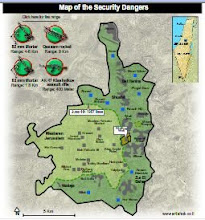
Divided Jerusalem
























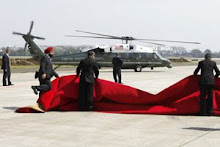



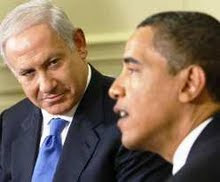

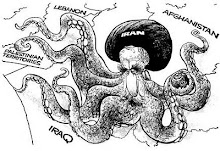


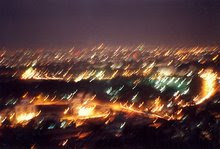


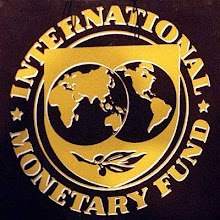
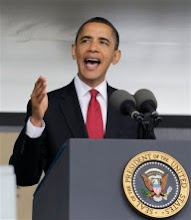
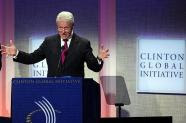






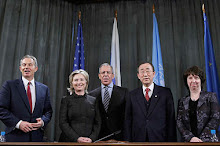

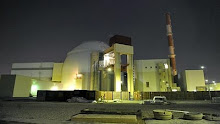


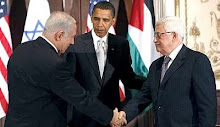
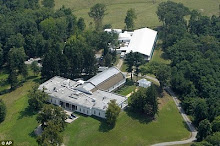




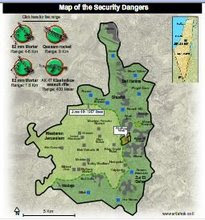













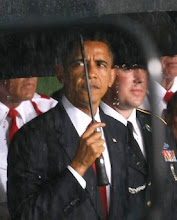



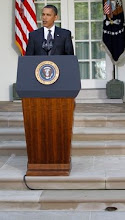




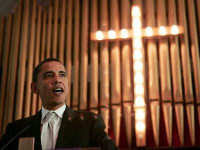







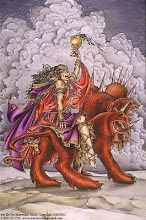
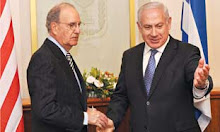

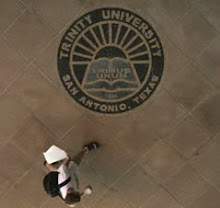

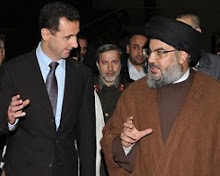
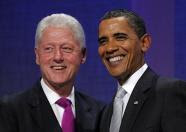

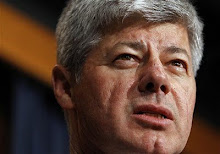




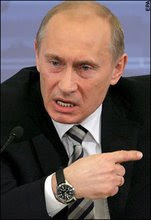

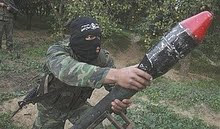
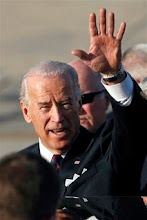


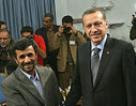+and+Iran%27s+Ahmadinejad.jpg)


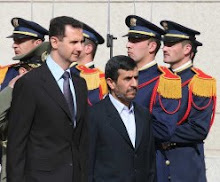




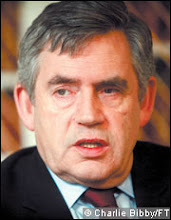
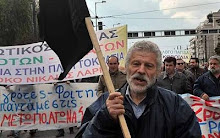
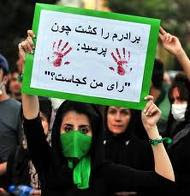





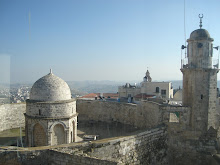





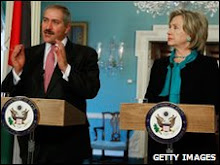


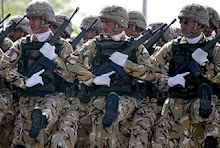







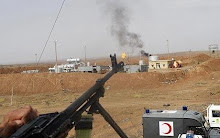
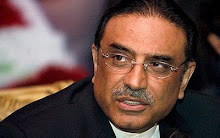




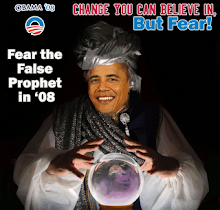
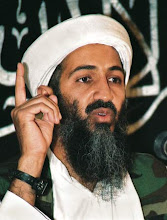
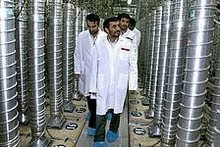


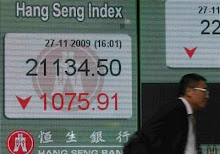


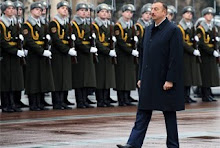



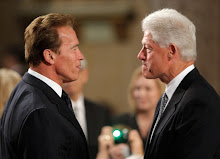
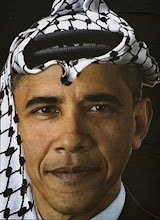


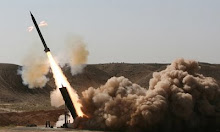

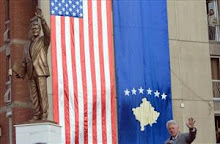





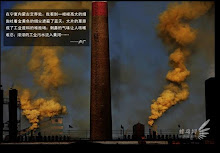

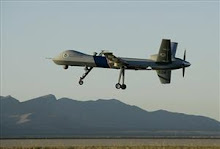




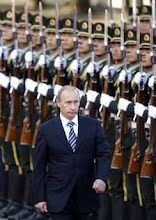

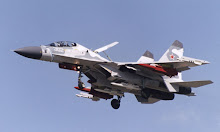
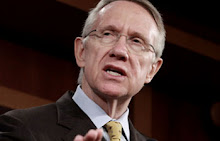
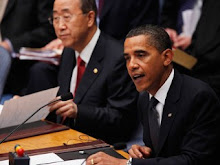
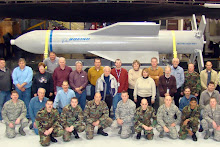.jpg)


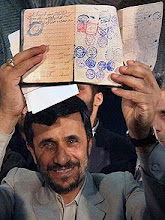

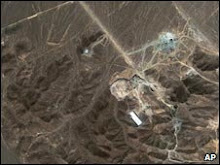



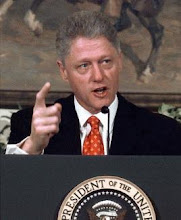
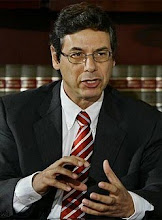




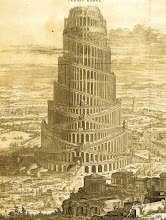


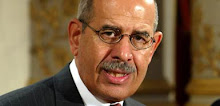


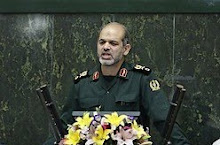
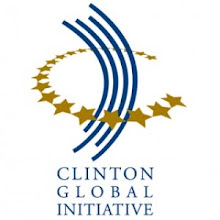





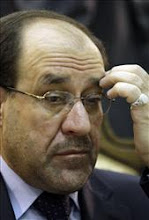

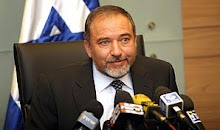




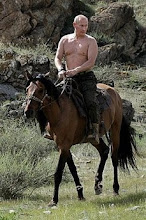



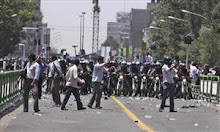.jpg)


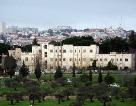
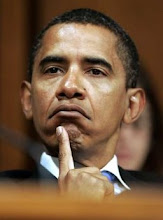

.jpg)
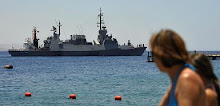



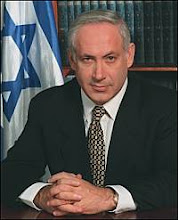

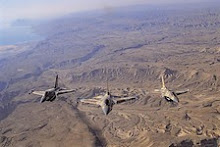




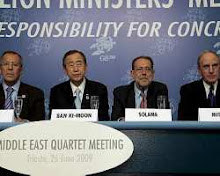
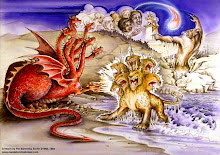

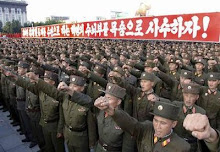


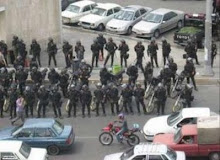
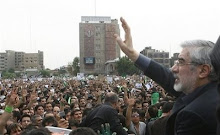


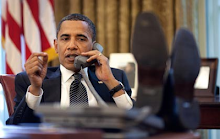





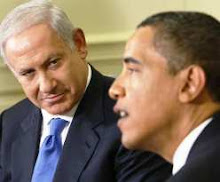

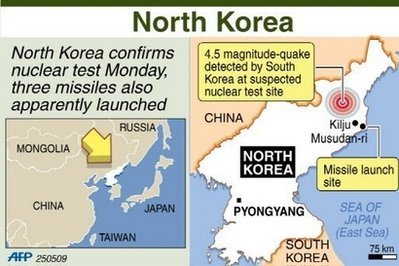


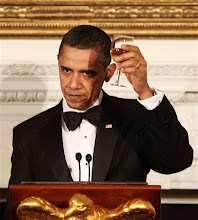


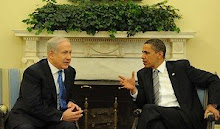

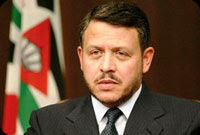


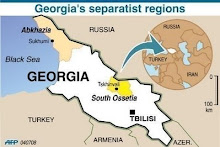


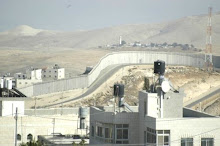











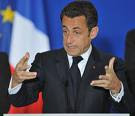


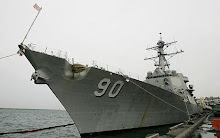



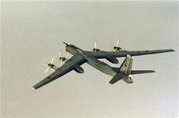
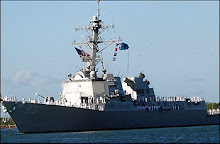

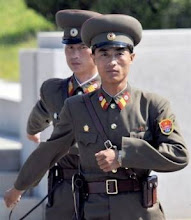
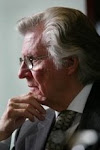









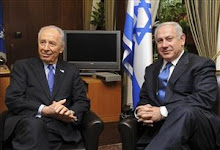




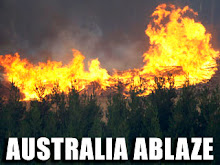















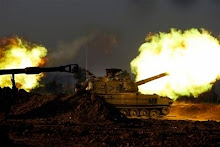
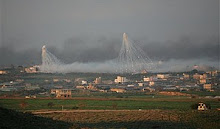
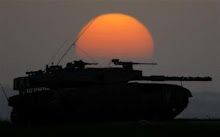








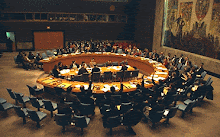




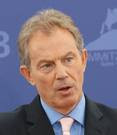
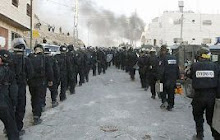

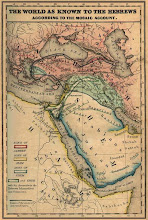



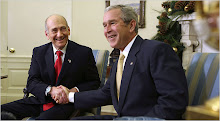
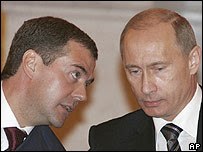







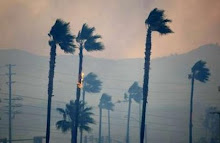
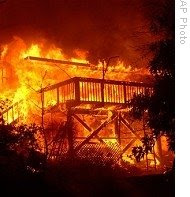












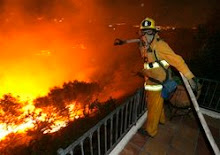



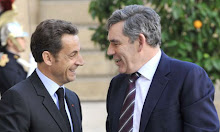



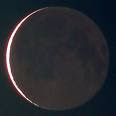


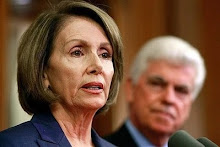
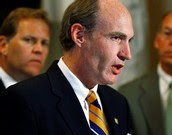.jpg)



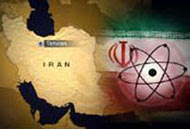











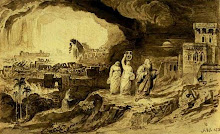


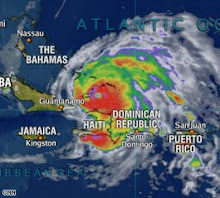


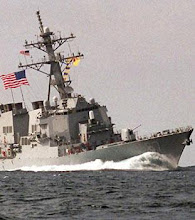
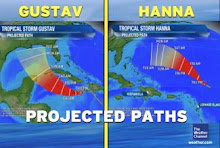



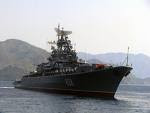












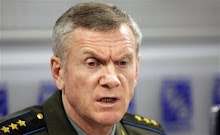








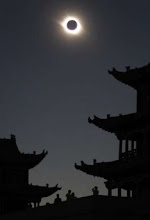

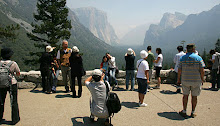

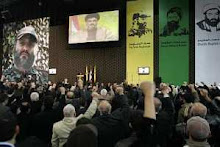



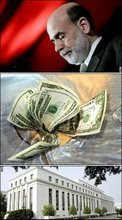





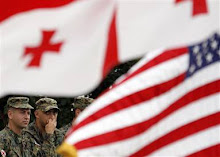






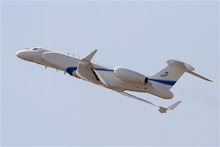




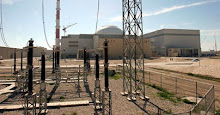
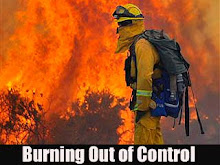




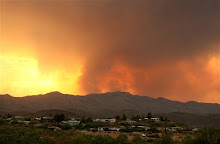



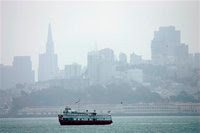
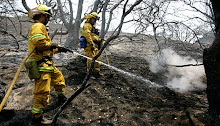

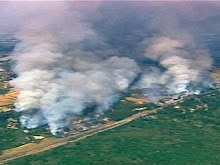
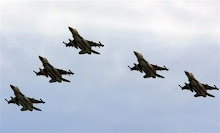
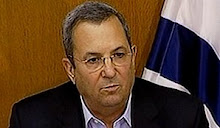


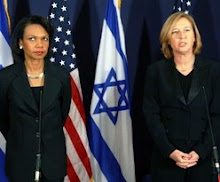+and+FM+Livni.jpg)
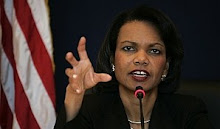















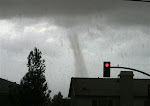
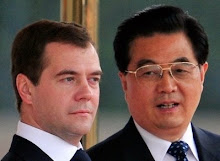



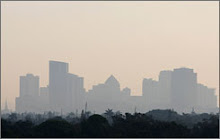




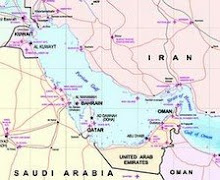

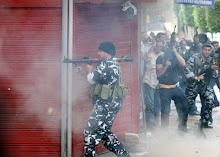



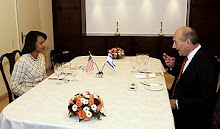


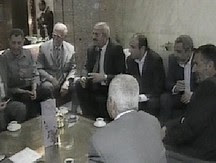






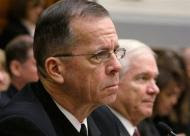



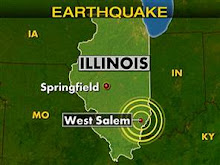






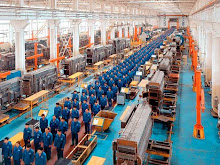



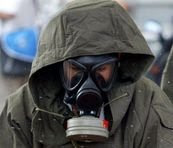








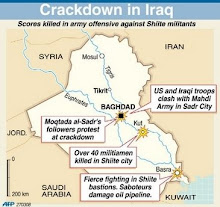




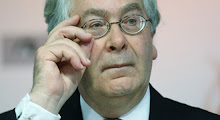



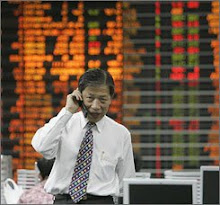












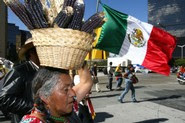


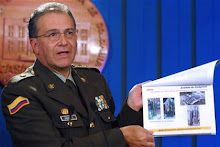



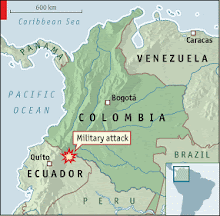
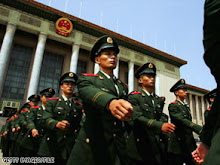

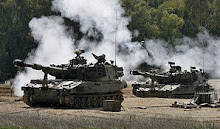










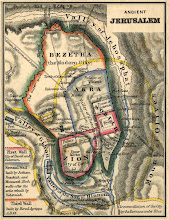






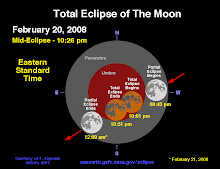



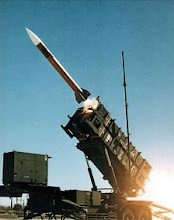



No comments:
Post a Comment